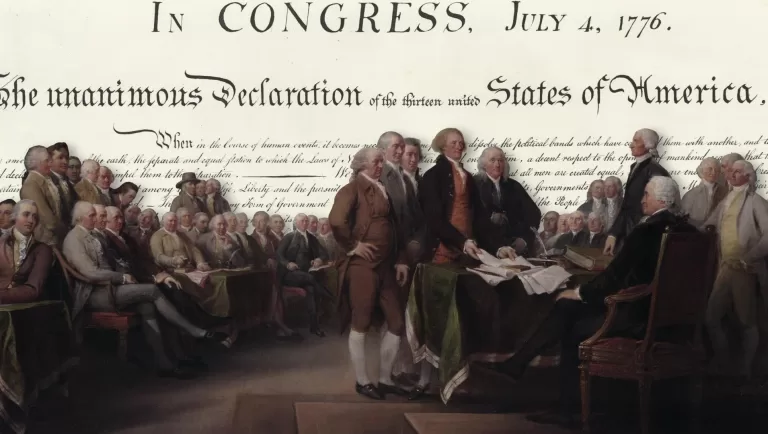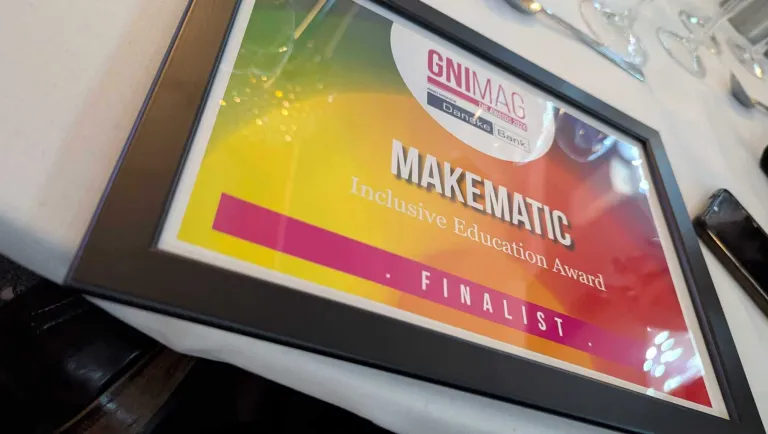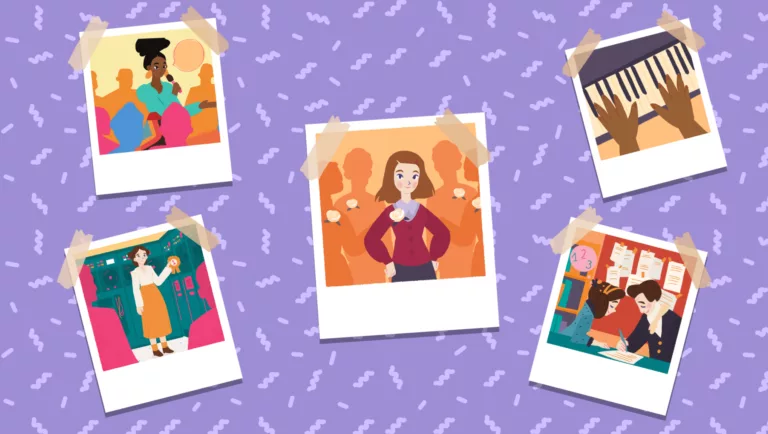
Have Young People Given Up On Democracy?
This year's theme for the International Day for Democracy is participation.
In the spirit of the day and theme, I’d like to explore what democracy means in 2019 and whether young people really have given up on it.
Democracy 101
If you search for synonyms to describe democracy you’ll get words like equality, freedom, justice, egalitarianism, emancipation and suffrage. But at its heart, it’s really about people, participation and inclusion. The cornerstone of a peaceful, stable and just society.
The right to vote or suffrage is one of the elements of our democratic system that we take for granted. In fact, it wasn’t that long ago that universal suffrage didn’t exist. Many people were excluded from voting, such as working-class men, women and indigenous people.
Fast forward to 2019, and all men and women over the age of 18 have the right to vote in democracies around the world.
Despite this young people are exercising their right to vote less and less. If we look at who participated in the last elections in the United States, United Kingdom, and Australia. The lowest number of voters came from 18 to 30-year-olds.
Even in Australia where voting is compulsory, young people were the ones who stayed away. Opting to incur a $20 fine instead.
But are young people really giving up on democracy?
Young People Are Participating
One of the cornerstones of a democracy is the right to participate in the democratic process.
Whilst young people seem to be shunning voting in elections, they are participating in other ways, through their activism.
Activism has long been associated with young people. Yet recent history has associated activism with university students and violence. Such as the anti-war and civil rights demonstrations of the 1960s and 70s.
In contrast, today activism is more often associated with young people under the age of 18. From the climate strikers, to those who have been participating in the March for Our Lives demonstrations, more and more young people are trying to influence change through positive social activism. And its technology that they are using to rally the troops.
They’re using hashtags, video blogging and Indymedia to post broadcasts about events and activities, and to get in touch with other activists. It's impressive.
Harnessing The Power And Passion Of Youth
It’s through civics and citizenship education that educators can tap into this passion for change.
As a former humanities teacher, I’ve taught civics and citizenship education. Hands down the best classes were active, problem or project-focused.
I ran class elections with real polling booths and ballot boxes, and community projects where students came up with implementable solutions to community problems.
Did my students meet curriculum outcomes? Yes.
Did my students acquire key 21st-century skills? Yes.
Did I have classroom management issues? No.
Was it a lot of work? At first yes, but then it became my modus operandi.
I’m not writing about this to blow my own trumpet, but merely to highlight ways in which it can and should be taught.
Making civics and citizenship education active and problem/solution-focused. Leveraging technology and giving young people the freedom to explore issues that mean something to them. Can and will help us develop more caring, informed and active global citizens.
What’s not to like about that?
Let's Work together


Makematic Finalists in Inclusive Education Award

